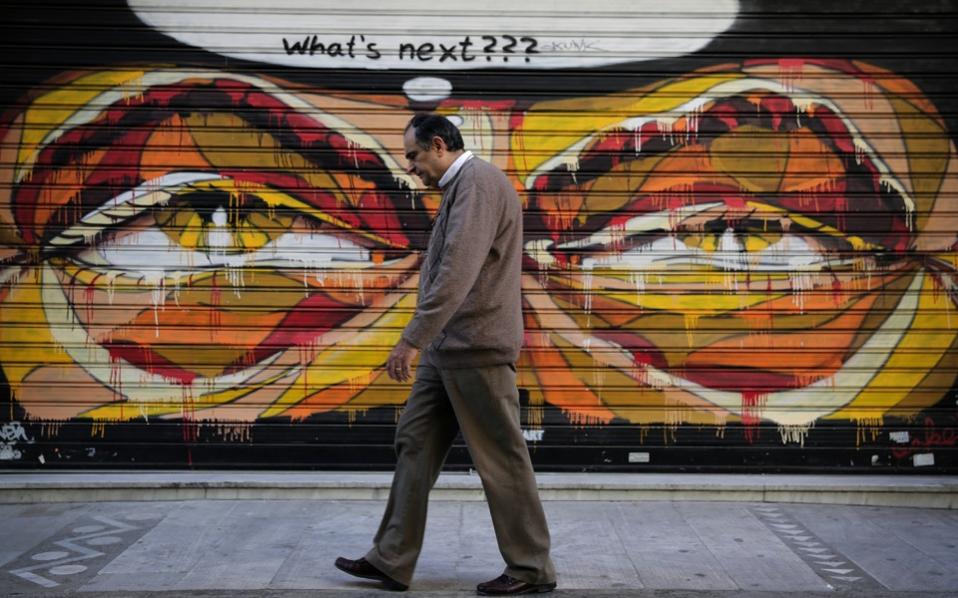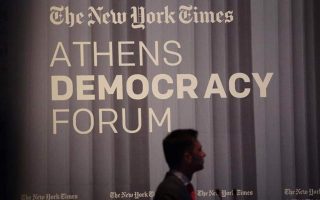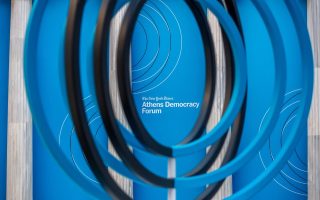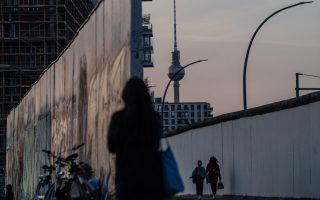The complex and painful process of truth

Can people become immune to fake news and conspiracy theories? Israeli philosopher, historian and best-selling writer Yuval Noah Harari had a lot to say on the question at a discussion on Friday in the context of the ongoing Athens Democracy Forum, which is taking place online this year. He spoke about algorithms, manipulation, the threats to democracy and the massive changes triggered by the coronavirus pandemic.
What kind of processes take place inside the human brain in conditions such as these? Are we living in bubbles, isolated from each other? Can technology help us create a new level of understanding? Issues of morality, trust, and the role and the responsibilities of governments made for a lively discussion on “Technology and the Future of Democracy,” which included the participation of Microsoft President Brad Smith and Kristen Davis, CEO and founder of CinqC and adviser at deepfake detection company Sentinel, coordinated by Kathimerini’s Alexis Papachelas.
The reason I mention this discussion (urging readers to take 50 minutes out of their day to listen to it online) is not just the people who took part in it; it is also because I was impressed by their calmness, by how they listened to each other and allowed the conversation to flow in a discussion that was a welcome break from micro-politics, the narcissistic existential angst so prevalent in the public sphere and the greater concerns about the illness and death that surrounds us, to take a look at the new world that is being shaped as we speak.
Fear of the pandemic and the conditions it dictates in our daily lives push people to withdraw into a bubble of the familiar. The more we lose touch with developments, the more we seek the safety of outlandish interpretations and versions of reality. Because, as Harari noted, truth is a complex and painful process.
It is not just democracies that are in a state of flux, vulnerable between the clashing rocks of demagoguery and skepticism of intentions and ideas. The majority of citizens also feel excluded from the new world. Some observe developments from the comfort of their homes, while others struggle to survive in a state of poverty and isolation.
Public dialogue can form a bridge and cultivate immunity to the virus of fake news, as long as it is informative and intelligent. It needs to be dialogue, not just a lot of hot air. It needs to be open to other opinions and not dismissive of them. It needs to contribute to a sense of community, not feed its destruction.




